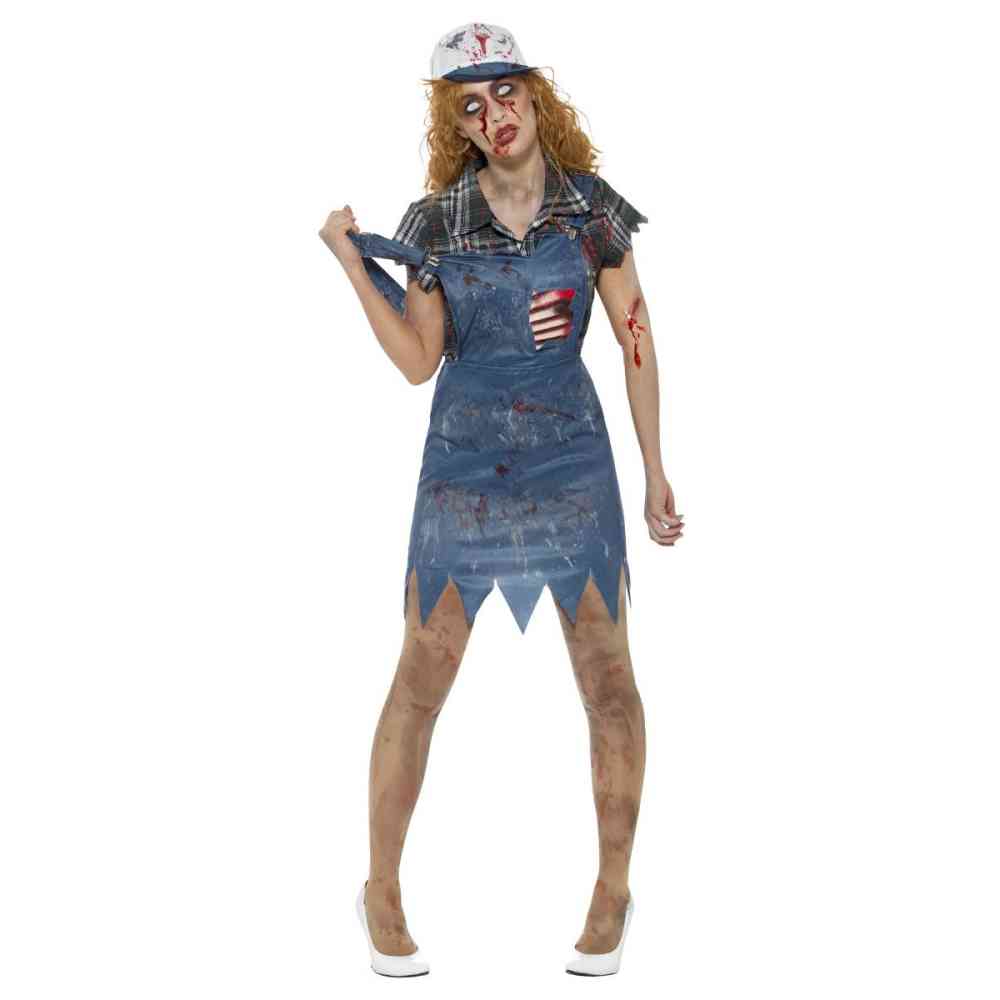

Overview

'My family has a grand tradition. After a woman gives birth, she goes mad. I thought that I would be the one to escape.'
So begins Adrienne Martini's candid, compelling, and darkly humorous history of her family's and her own experiences with depression and postpartum syndrome.
Illuminating depression from the inside, Martini delves unflinchingly into her own breakdown and institutionalization and traces the multigenerational course of this devastating problem. Moving back and forth between characters and situations, she vividly portrays the isolation -- geographical and metaphorical -- of the Appalachia of her forebears and the Western Pennsylvania region where she grew up. She also weaves in the stories of other women, both contemporary and historic, who have dealt with postpartum depression in all its guises, from fleeting 'baby blues' to full-blown psychosis.
Serious as her subject is, Martini's narrative is unfailingly engaging and filled with witty, wry observations on the complications of new motherhood: 'It's like getting the best Christmas gift ever, but Santa decided to kick the crap out of you before you unwrapped it.' New mothers and those who have struggled with parenthood -- whether or not they dealt with depression -- will find affirmation in this story of triumph, of escape from a difficult legacy, of hope for others, and of the courage to have another baby.
So begins Adrienne Martini's candid, compelling, and darkly humorous history of her family's and her own experiences with depression and postpartum syndrome.
Illuminating depression from the inside, Martini delves unflinchingly into her own breakdown and institutionalization and traces the multigenerational course of this devastating problem. Moving back and forth between characters and situations, she vividly portrays the isolation -- geographical and metaphorical -- of the Appalachia of her forebears and the Western Pennsylvania region where she grew up. She also weaves in the stories of other women, both contemporary and historic, who have dealt with postpartum depression in all its guises, from fleeting 'baby blues' to full-blown psychosis.
Serious as her subject is, Martini's narrative is unfailingly engaging and filled with witty, wry observations on the complications of new motherhood: 'It's like getting the best Christmas gift ever, but Santa decided to kick the crap out of you before you unwrapped it.' New mothers and those who have struggled with parenthood -- whether or not they dealt with depression -- will find affirmation in this story of triumph, of escape from a difficult legacy, of hope for others, and of the courage to have another baby.

Hillbilly Gothic
American Gothic (1988) is about a group of friends encountering a hillbilly family with psychopatic tendencies. Attack of the Giant Leeches: Giant leeches attacking a southern swamp town. The movie plays up the tension between the big-city hero and the locals, many.
Adrienne Martini Hillbilly Gothic
- (Click on the photo to order from the retailer of your choice.) Don't just take my word for how great this book is, check out what Kirkus, Publisher's Weekly, and BookPage have to say. And if those sources didn't tell you enough, how about this review from the New York Times (!), this story from The Lily, or this tweet from Secretary Clinton:. Given that we are currently #SaferAtHome, I've.
- Marion Winik, author ofAbove Us Only SkyandThe Lunch-Box Chronicles, 'Hillbilly Gothiccaptures the fascinating contradictions of the women of modern Appalachia.
- The following is an excerpt from Hillbilly Gothic: A Memoir of Madness and Motherhood by Adrienne Martini, published by Free Press. My family has a grand tradition. After a woman gives birth, she goes mad. I thought that I would be the one to escape. Given my spectacular failure, my hope is now that my daughter will be the one. On the day that I admit defeat, I have been.
